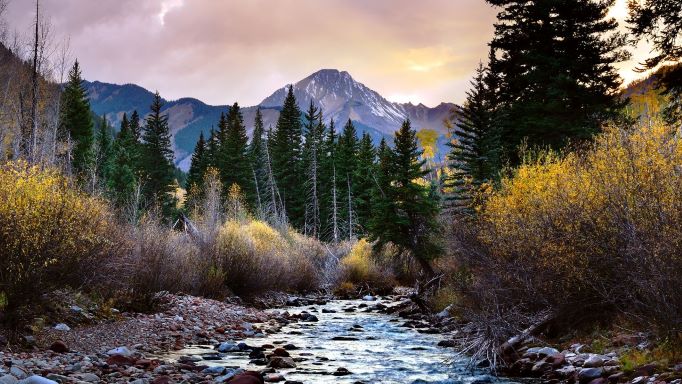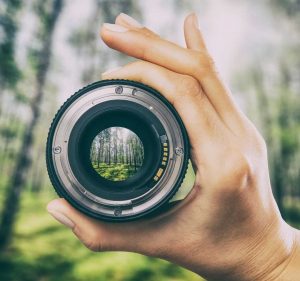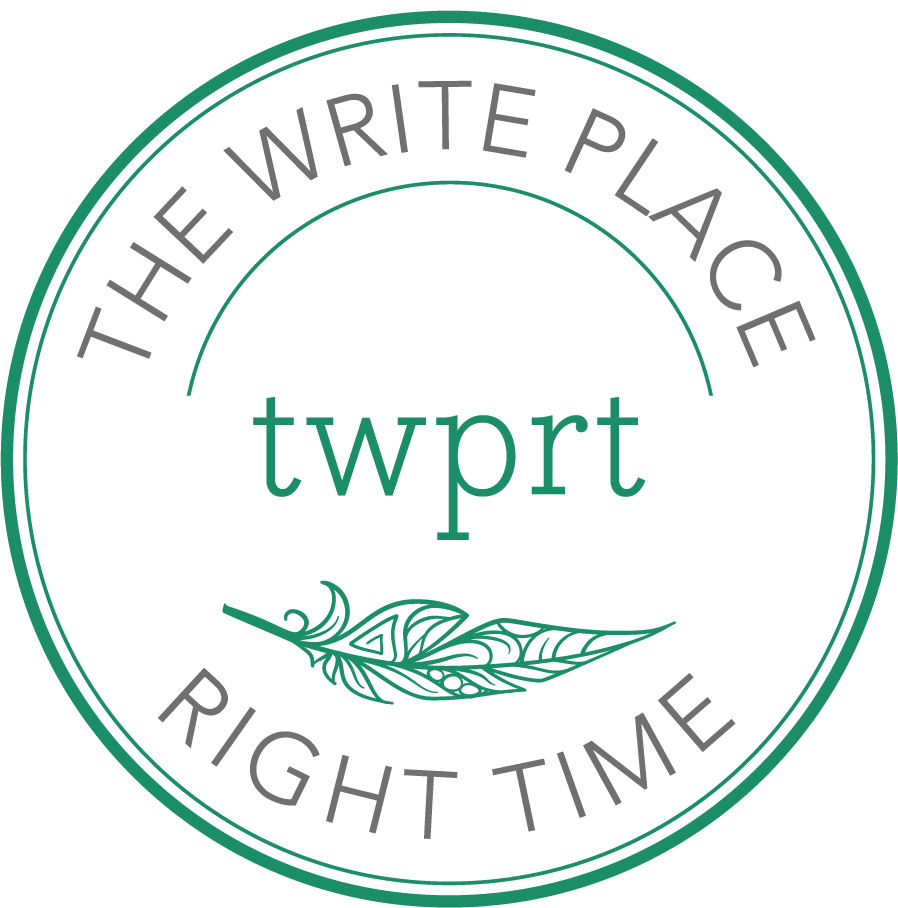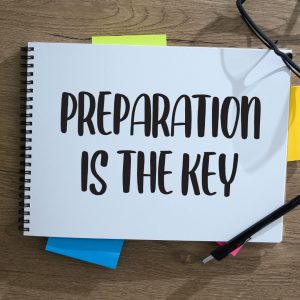
Wilderness (noun): an uncultivated, uninhabited, and inhospitable region; a tract or region uncultivated and uninhabited by human beings. We hear the word wilderness and we might think of plants and vegetation that are overgrown or untamed larger-than-life animals that are more likely to eat us and see us as their foe. We might think of getting lost or trapped in the big unknown of the world around us. For some of us, there may be a sense of adventure, for others pure terror, and for the rest, a weird mix of both. I feel like writing memoir is choosing to go into a ‘mind wilderness’, one that traverses identity, time, and space. In doing so, it’s hard to know what one might find beneath the tall grass, or hiding behind a towering tree, or growling off in the distance.
Memoirs contain certain multiplicities that most new memoirists aren’t prepared for, making it seem more like walking into unknown territory. I mean, it’s one thing to just tell people what happened to you fact by fact. It’s another to retell your story by truly centering someone else inside your journey using a variety of literary devices and techniques that make it read more like a novel than nonfiction.
One of these devices is the use of voice or narration. There are two perspectives a memoirist must offer. One perspective is of the older-wiser narrator. This is the person they are now who has all that glorious hindsight and understanding of the events they are now regaling the reader with. The other perspective is of the experiencing self, which is still our memoirist, but through the lens of when they were actually experiencing the journey (their older wiser self is now writing about). The memoirist must employ both and use them effectively. (In the article linked earlier in this paragraph, they use the langage ‘voice of innocence’ and ‘voice of experience’ to denote the difference between younger/experiencing narrator and the older/wiser narrator.)

For example, the me now who is writing this blog post in 2023 is the older-wiser self but if I were to tell you about the time I was writing my own memoir, it would be through the lens of who I was when I was writing my book back in 2019. What I know now about that experience is different from what I knew then. Memoir straddles the line, showing the reader both what the memoirist went through at the time and what they think of it now.
And if that’s the case, the other multiplicity that exists is of time and place. In order for two perspectives to exist, multiple moments in time or settings will also exist. If the experiencing self is to show the reader something that once happened in their past, the memoirist will have to go back to that time, place, and experience and show the reader. And then they will have to return to a present moment, and maybe go back again, all without confusing the reader.
It’s easy to see how someone writing memoir could feel like they’re tripping on the overgrown roots of their past or getting lost in the tall reeds of meaning that have stemmed from what once was. This ‘mind wilderness’ that exists for the memoirist is real and challenging. Not only can it feel like a mind fuck to try to weed through all of their life experiences to determine the one, central point they’d like to make, but it can be overwhelming to then organize what remains into a coherent and cohesive story line. And all of this before they even pen a single word.

Furthering the challenge of writing memoir and navigating this ‘mind wilderness’ is that going into the past and refacing the beasts or consuming the poisonous plants that they once escaped from, is hard. It’s difficult emotional work. It can be triggering. A lot of people want to avoid going too deeply into those past pain points. Of course when they do that, the memoir itself then lacks depth, vulnerability, and dimensionality and often weakens the story and its main message.
Quite honestly, writing memoir makes me think of Jumanji, the 1995 movie starring Robin Williams and Bonnie Hunt. The premise is a magical game, called Jumanji, that Williams' character, Allen, finds as a boy. When he plays this game with a friend, Sarah, the game sucks him in and he disappears for the next 40 years. Giant bats (or maybe it’s birds…) chase Sarah out of the house. The place inside of Jumanji is a wilderness with overgrown vegetation, larger-than-life animals, killer plants, deadly monsoons, and a poacher who will hunt anything (including Allen). Sarah exists in the real world, forever called ‘crazy’ and working with a therapist who tries to convince her Allen’s disappearance was all a delusion.
40 years later, two kids now living in Allen’s old house, find the game in the attic and decide to play, releasing Allen from the Jumanji wilderness. When Allen returns and realizes he has to play the rest of the game to make it all go away, he has to get Sarah to play again with him. She nearly refuses. They both hate the idea of having to play through with the possibility of being sucked back in, but they also both know there is no other way to put the game to rest and to reclaim their lives.
The ‘mind wilderness’ of memoir can be tricky to navigate and hard to predict. It may require facing things one would rather not remember or relive. And the only way to ‘the end’ is through. To face the challenges and tackle things head on.
Writing memoir is not for the faint of heart. You must be able to embrace both the adventure of it and the terror. And you must not enter this wilderness blindly.
Furthering the challenge of writing memoir and navigating this ‘mind wilderness’ is that going into the past and refacing the beasts or consuming the poisonous plants that they once escaped from, is hard. It’s difficult emotional work. It can be triggering. A lot of people want to avoid going too deeply into those past pain points. Of course when they do that, the memoir itself then lacks depth, vulnerability, and dimensionality and often weakens the story and its main message.
Quite honestly, writing memoir makes me think of Jumanji, the 1995 movie starring Robin Williams and Bonnie Hunt. The premise is a magical game, called Jumanji, that William’s character, Allen, finds as a boy. When he plays this game with a friend, Sarah, the game sucks him in and he disappears for the next 40 years. Giant bats (or maybe it’s birds…) chase Sarah out of the house. The place inside of Jumanji is a wilderness with overgrown vegetation, larger-than-life animals, killer plants, deadly monsoons, and a poacher who will hunt anything (including Allen). Sarah exists in the real world, forever called ‘crazy’ and working with a therapist who tries to convince her Allen’s disappearance was all a delusion.
Prepare ahead of time. Build up your mental strength. Study the art and craft of memoir to bolster your skills. Practice writing regularly and taking care of yourself in the process to improve your endurance. Of course knowing the path ahead of you will help and knowing what to pack in your backpack, too. But neither of these will be helpful to you if you don’t also have strength, skills, and endurance to fend off whatever the wilderness throws at you.
You don’t have to traverse the ‘mind wilderness’ of memoir alone. You can study the art and craft of memoir, practice writing regularly, learn self-care techniques, cultivate your main idea, curate your experiences, develop your storyline, and so much more inside my group program. Check it out here.

